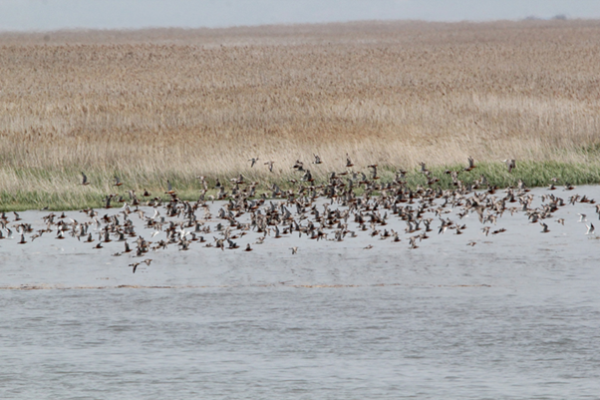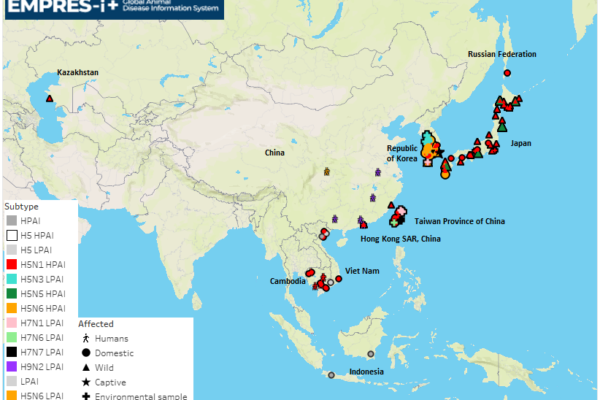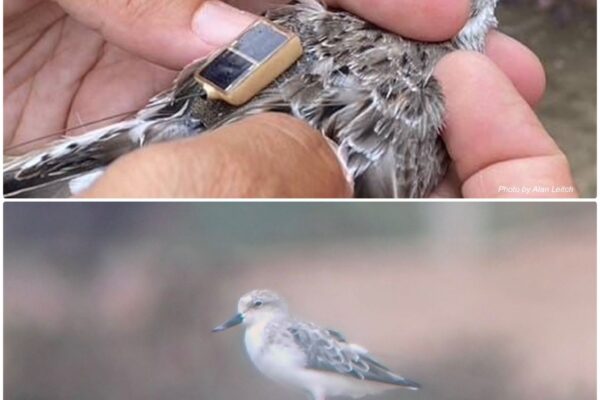The Korea Broadcasting System (KBS) co-produced documentary with China and Japan, for the first time on the Black-faced Spoonbill’s breeding ecology, flyways, and the human efforts to protect the species which had been under the veil for a long time. Nowadays remaining natural wildlife habitat areas are getting fewer yearly. Moreover, the loss of the habitat makes it difficult for migratory birds to find places to rest and feed along their flyway. Wildlife conservations, protecting endangered plant and animal species and their habitats, had been conducted around the world. In furtherance of this idea, the video includes the detailed coverage of Black-faced Spoonbill’s struggle of survival on a man-made island located in the middle of the city in Songdo, Incheon, South Korea.
? Imprinting, Black-faced Spoonbills apparently remember the Korea Peninsula
Imprinting is a kind of phase-sensitive learning that is rapid and apparently independent of the consequences of behavior. Black-faced Spoonbills have migrated vast distance across East Asia from time immemorial. The Korea Peninsula was hometown and memory engraved on their DNA vividly to them living in the Korean Peninsula for a long time. The Black-faced Spoonbill is a relatively small waterbird with an elongated, spoon-shaped bill, as its name suggests. They exactly remember places where they are born and spend winter as if they have GPS.
? Black-faced Spoonbill, lift the veil!
Black-faced Spoonbills were common summer migratory birds to the Korean Peninsula only 100 years ago. However, in 2012, the population of this species was estimated as only 2700 individuals on this earth. There was a possibility that we might not be able to see them at all in the near future. To put a spotlight on the Black-faced Spoonbills fate to disappear, the directors have stepped forward! All types of filming gears such as high-speed cameras, low-light cameras, CCTV, were used to catch Black-faced Spoonbill`s biology and its history, for the first time on air. This is a valuable record accomplished by the directors dedicating 10 months from March of 2013 when the black-faced spoonbills arrived at the Korean Peninsula.
*This documentary is provided with three types: trailer, high definition and low definition. The trailer here may whet your interest. The link for the documentary is: http://www.kbs.co.kr/1tv/sisa/panorama/vod/view/2261321_68560.html#/
You have to log in.




